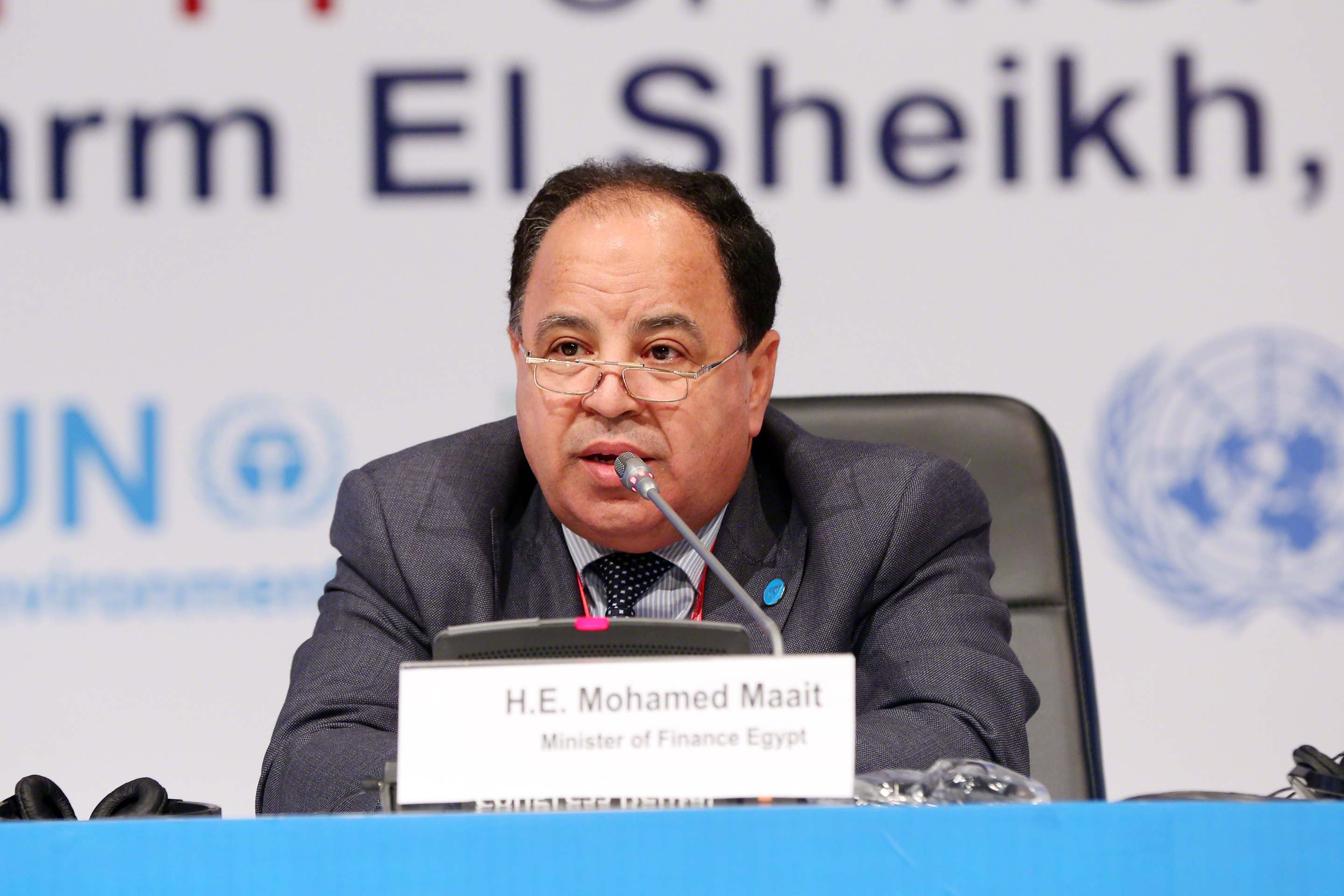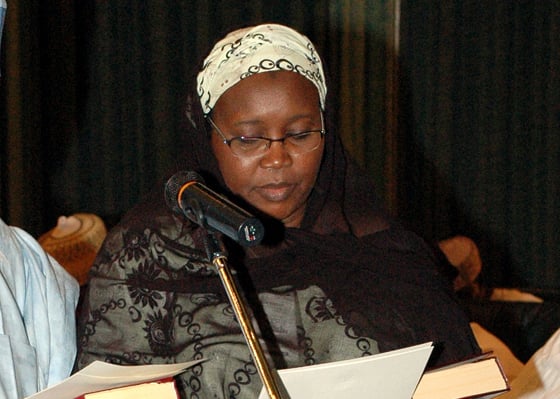Mohamed Maait of Egypt has been named the African finance minister of the year 2019 — beating contenders from all other countries in Africa, including Nigeria.
He won the award for driving “Egypt’s ambitious programme of economic reform”, which has continued to “win plaudits from around the world, with good reason”.
Sri Mulyani, Indonesia’s minister of finance, was named global finance minister of the year 2019.
Alamine Ousmane Mey of Cameroon won the same award in 2018, while Pravin Gordhan of South Africa and Adriano Maleiane, minister of economy and finance, Mozambique, and Egypt’s Hany Kadry Dimian won for 2017, 2016, and 2015 respectively.
Advertisement
The last Nigerian finance minister to have won the same is Ngozi Okonjo-Iweala, who won the award in 2005 for her economic reforms under the Olusegun Obasanjo-led government.
“In the space of a few short years, the country has enacted some of the most wide-reaching structural reforms in its recent history,” The Banker said while announcing the awards.
“Admittedly, this has led to a high degree of short-term pain for Egyptian consumers – high inflation has emerged, for instance, as a result of the free float of the pound – but these reforms are undoubtedly paving the way for a brighter future for the country. And at the forefront of this reform story is Egypt’s finance ministry.”
Advertisement
The current minister, Mohamed Maait, took office in June 2018, replacing Amr El Garhy.
Though his tenure has been short, Mr Maait has continued the work of his predecessors to ensure that Egypt’s reform programme remains on track.
“As such, the 2019 African Finance Minister of the Year award reflects both Mr Maait’s personal contributions to this story, in tandem with the ministry’s wider push to reform the economy,” The Banker added.
SUBSIDY CUTS
“Indeed, the ministry’s efforts to improve public finances saw Egypt post its first primary budget surplus (which excludes interest payments on government debt) in 15 years in July 2018,” the awarding body said.
Advertisement
“This came as tough fuel and electricity subsidy cuts, among other measures, helped to shore up Egypt’s fiscal situation, and rating agency Moody’s expects Egypt to return to sustain primary fiscal surpluses moving forward.
“Underpinning this performance is a reduction in the energy subsidy bill, which is expected to fall below 1% of gross domestic product (GDP) in 2020, from about 4.1% of GDP in the 2017 fiscal year.
“Meanwhile, price hikes on fuel have seen the government achieve cost recoveries in this space of between 70% and 80%, up from just 30% in 2013.”
These measures, and others, are expected to alleviate the government’s high levels of public debt.
Advertisement
Add a comment







